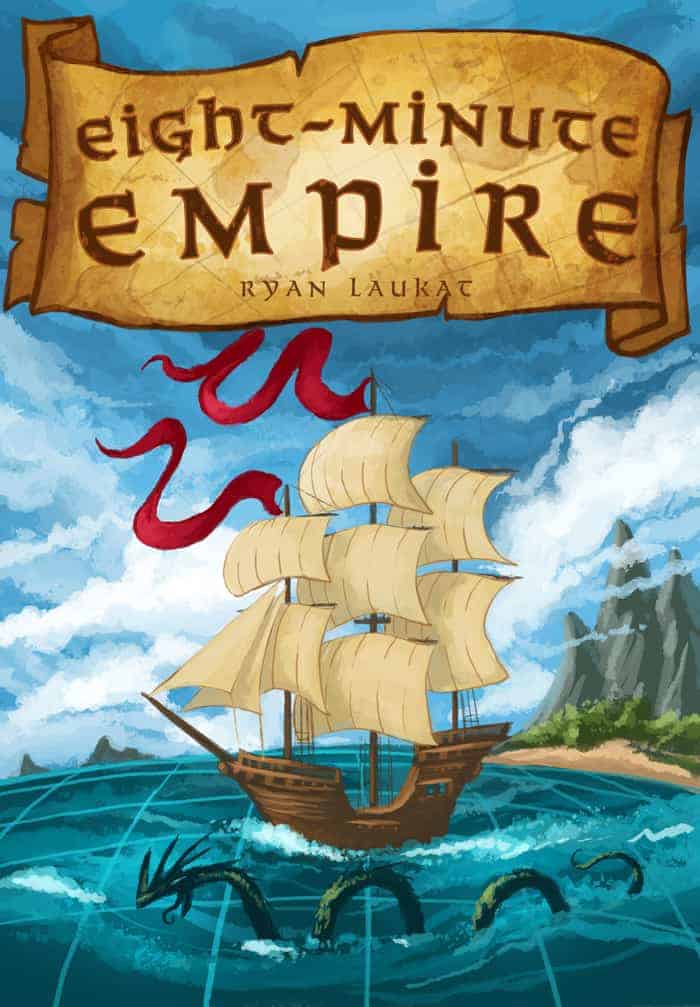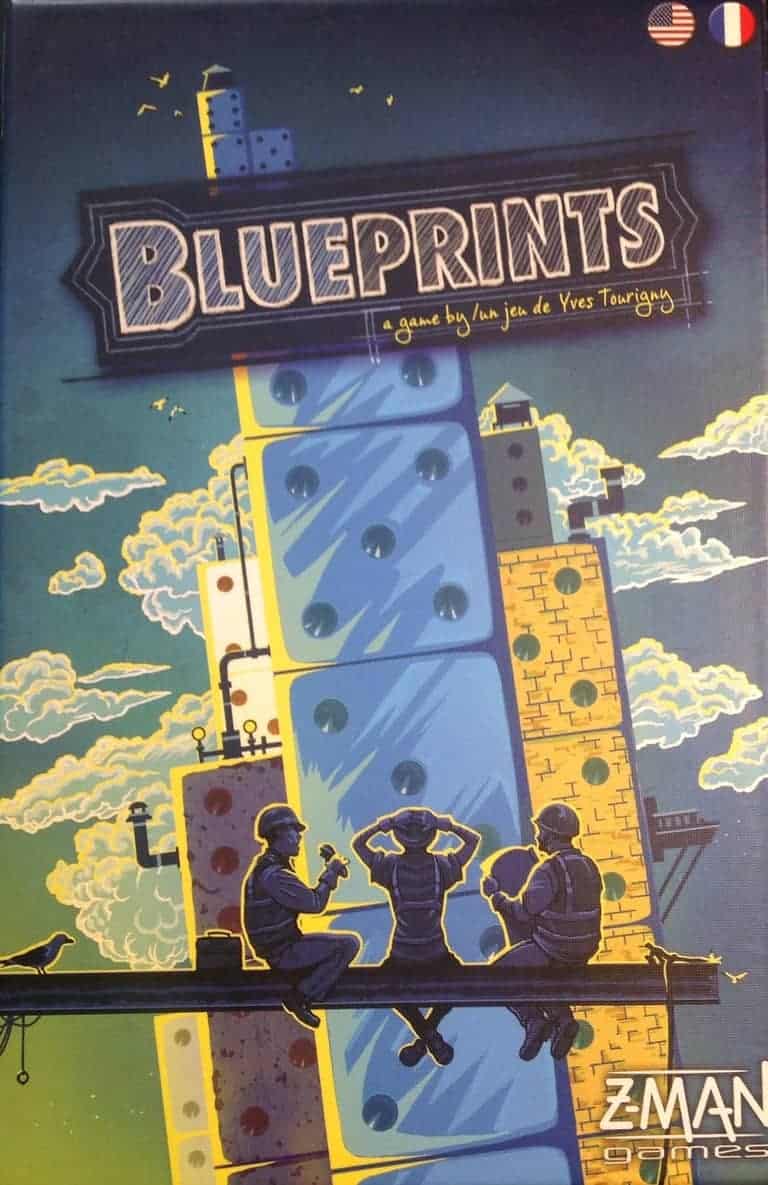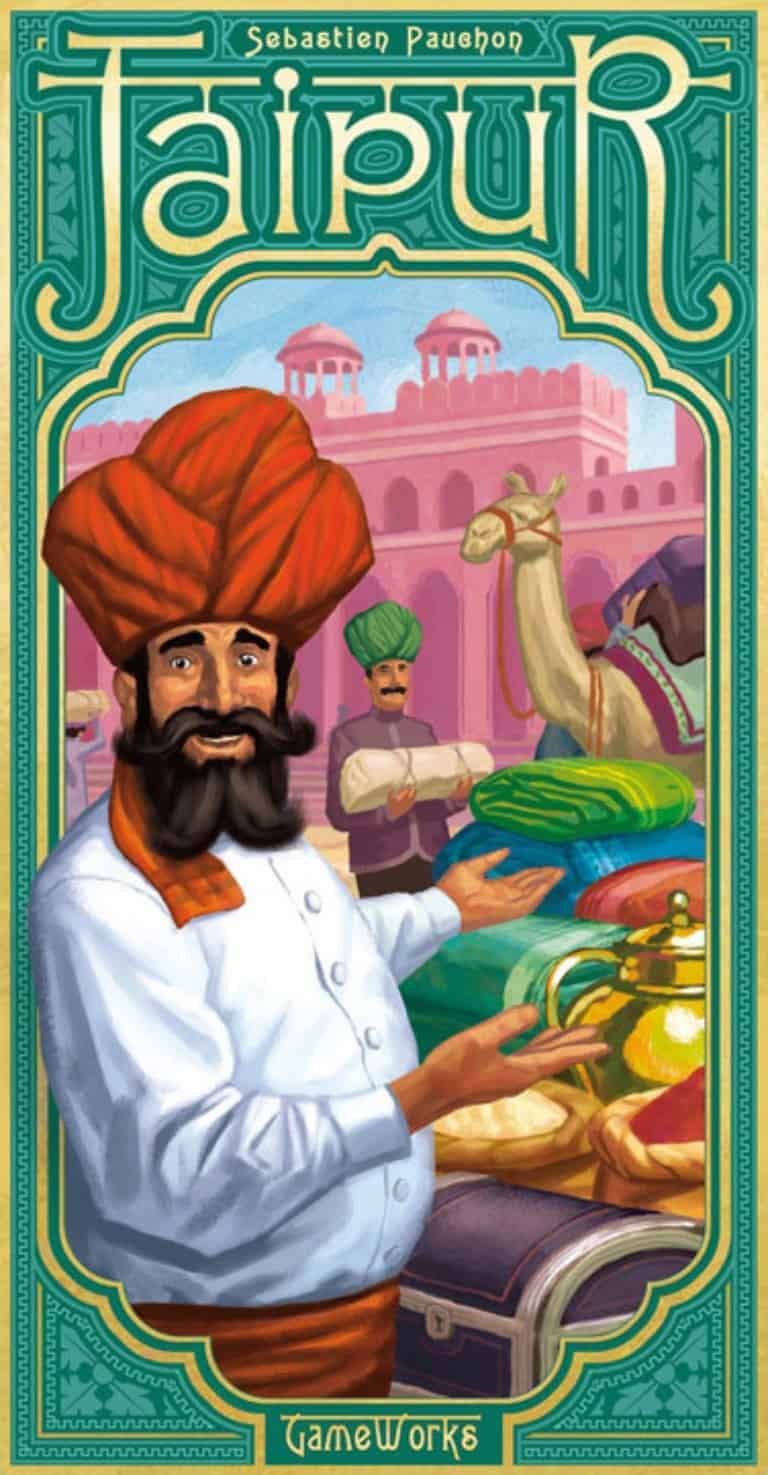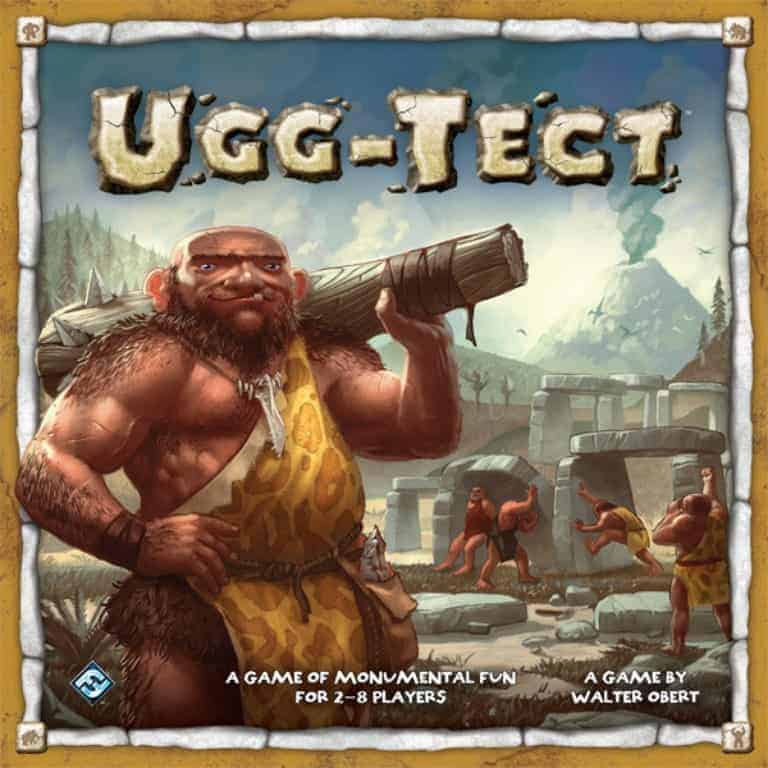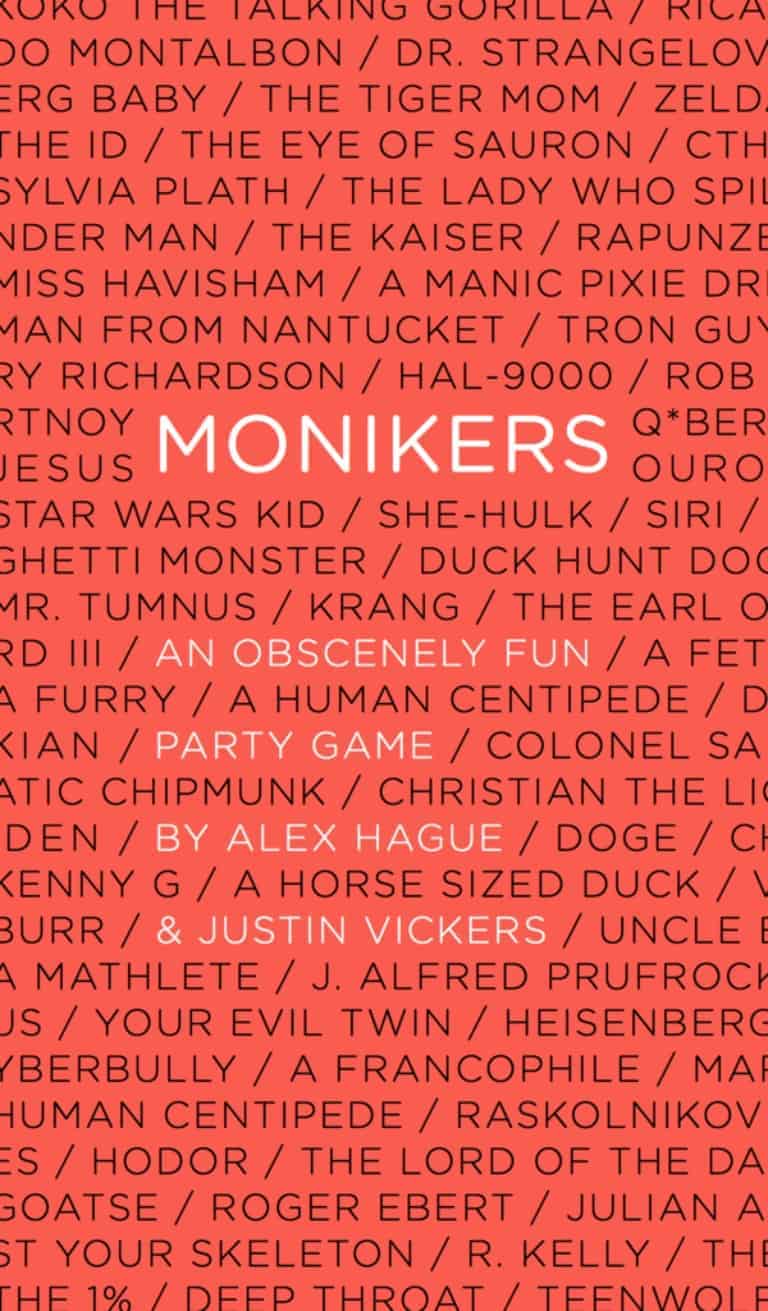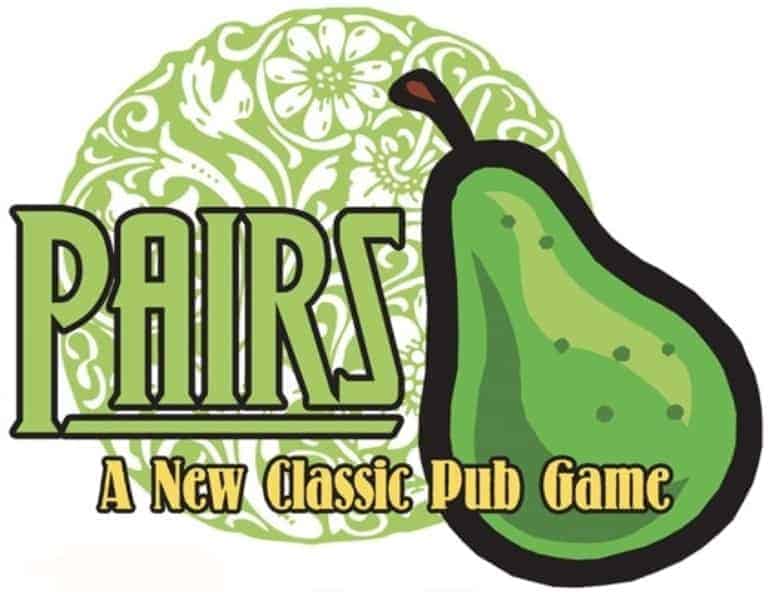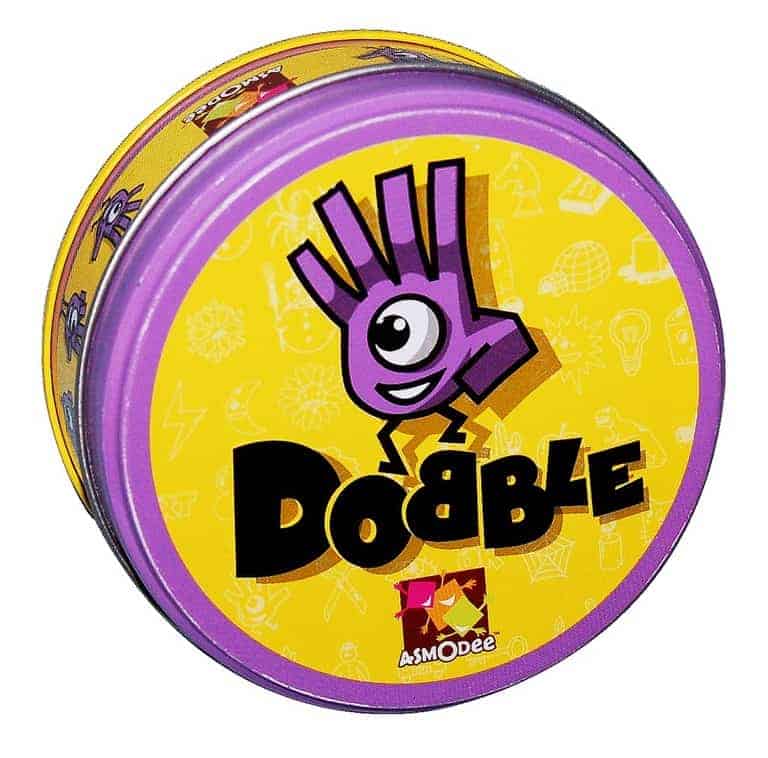Eight-Minute Empire
Short on time but you want to build a civilization? From Red Raven Games, the people behind the board games Empires of the Void and City of Iron, comes Eight Minute Empire. In Eight-Minute Empire, 2-4 players take turns selecting a card from six displayed. The card gives a good, and also has an action that the player takes immediately. Actions help players take over the map, but sets of goods are worth points at the end of the game, so players have to balance the two aspects. Eight-Minute Empire is the super-quick area control game with tough decisions. It’s easy to learn and perfect for when you only have a few minutes.
Read More
